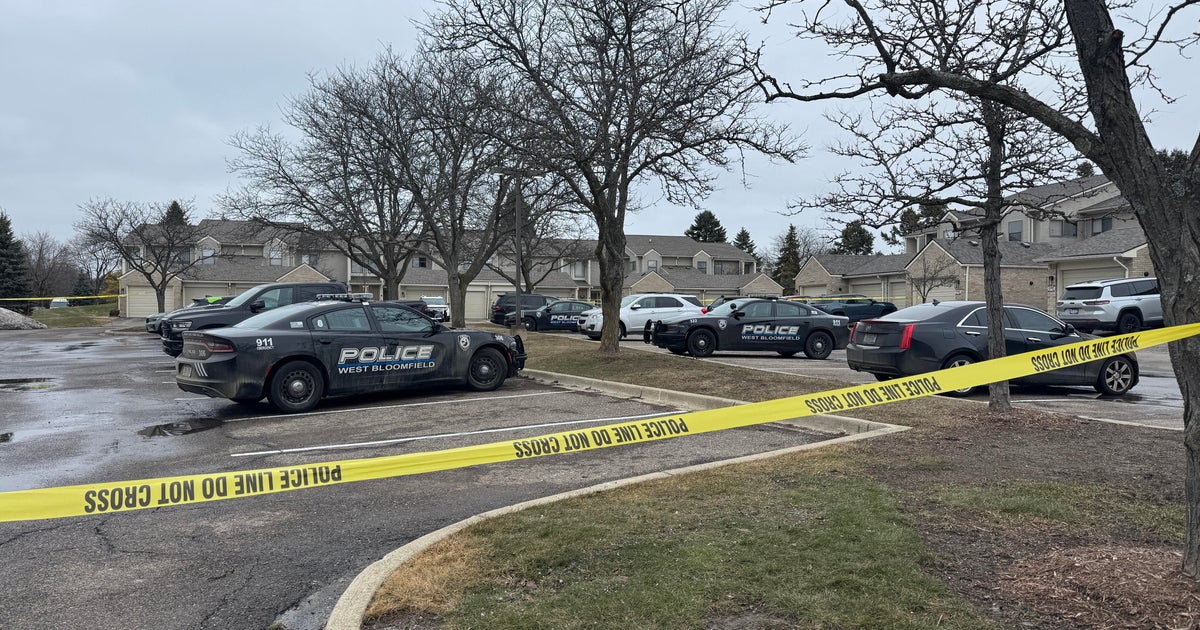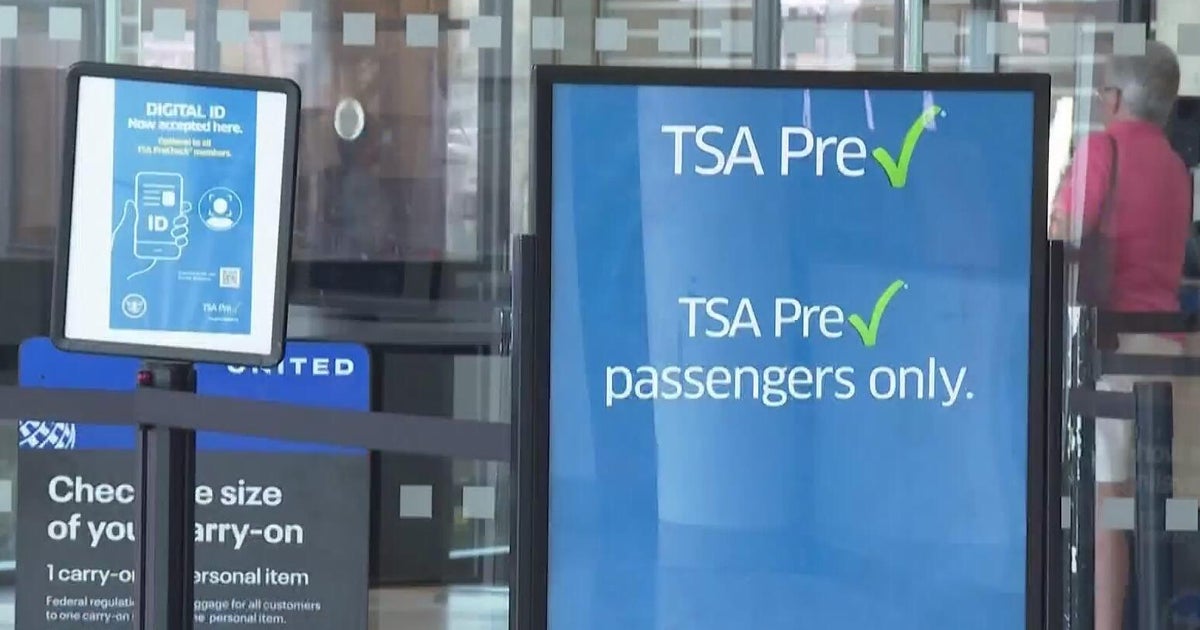Some Doctors Say New Mammogram Guidelines Are "Dangerous"
PHILADELPHIA (CBS) -- Mammograms do the most good later in life, according to a government task force that today released its final recommendations that women get screened every other year starting at age 50.
Recommendations on mammograms are all over the place. For years it was every year, starting at age 40.
But, the U.S. Preventive Services Task Force says they're not necessary for women under 50, and can be harmful.
Many doctors and patients disagree.
A bell located in the hallway of a hospital signifies the end of treatment for breast cancer patients at Lankenau Medical Center.
"To actually ring this bell was so powerful," said Diana Kerekes, a patient. "It was really good."
Diana was diagnosed after a routine mammogram at the age of 47.
"It's a very emotional rollercoaster," Diana said.
But under the renewed recommendations from the U.S Preventive Services Task Force, Diana would not have gotten a routine mammogram until she was 50.
"I wouldn't be standing here today," said Diana.
The Task Force is continuing to recommend mammograms every year for women ages 50 to 74. The group says screening can be effective for women in their 40's but over diagnosis is a concern.
According to Dr. Albert, "The benefits are smaller."
"The harms need to be carefully viewed," Dr. Albert said. "The Task Force supports women having this information and making individualized informed choices."
The recommendations come after the American Cancer Society said in October that women should now start annual mammograms at age 45.
"I think it's dangerous," Dr. Weiss, the director of breast health said. "Women's lives will be lost to breast cancer."
Dr. Weiss is among the many doctors who oppose the guidelines.
"Missing or delaying a diagnosis is way more dangerous than the risks and harm of a false positive," Dr. Weiss said.
"I'm very fortunate and I thank God for those mammograms," Diana said.
The Task Force says there's not enough evidence that mammograms after age 75 are beneficial.
It doesn't make a recommendation about insurance coverage, but under the affordable care act, most mammograms are covered. For more information, go to www.breastcancer.org or visit www.mainlinehealth.org.







